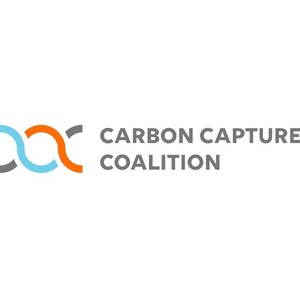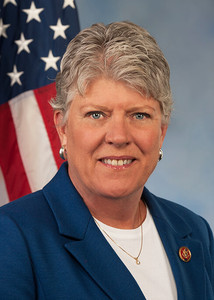CCC urges House to add carbon capture language to upcoming bill
Energy Disrupter
ADVERTISEMENT
The Carbon Capture Coalition on Aug. 31 sent a letter to the U.S. House of Representatives encouraging lawmakers to look for opportunities to include Section 503 of the House Energy and Commerce’s CLEAN Future discussion draft in any upcoming legislative vehicles and bicameral negotiations scheduled for the remainder of this Congress.
The language included in Section 503 would establish a commercialization program to help bridge the gap between pilot/demonstration projects and commercial deployment of carbon capture projects, according to the letter. The program would specifically provide for front-end engineering and design (FEED) studies for commercial demonstration projects; multiple commercial demonstrations of specific technologies, including direct air capture systems; and the development of large-scale commercial carbon-dioxide storage projects at saline geologic storage sites.
The CCC noted the Section 503 language would also establish a direct air capture technology prize competition and would authorize more funding for EPA’s Class VI well permitting program, which is instrumental to ensuring the timely deployment of carbon capture and the scale-up of saline geologic storage.
“The U.S. is already a leader in carbon capture, with more than 30 additional projects underway spurred by congressional reform and expansion of the 45Q tax credit in 2018,” the CCC wrote. “Section 503 is crucial to the success of these projects, as well as a continued, healthy growth of the U.S. carbon capture project development pipeline. Most importantly, American innovation will create high-paying jobs domestically, and lead to climate benefits globally.”
The letter cites the climate crisis action plan released by the House Select Committee on the Climate Crisis on June 30, noting that it offers support for Section 503. That report suggested Congress should pass legislation direct the DOE to expand support for carbon capture technologies and stressed that support for large-scale demonstration projects is particularly important and should facilitate commercialization of affordable carbon capture retrofit technologies for export to the developing world.
“During this uncertain time of responding to the global pandemic and ensuing economic recession, Congress is presented with an opportunity to support struggling energy and industrial sectors by advancing policies that can provide avenues for recovery while developing new technologies that will inevitably be necessary to meet our climate targets,” the CCC wrote.
A full copy of the letter can be downloaded from the CCC website.
















